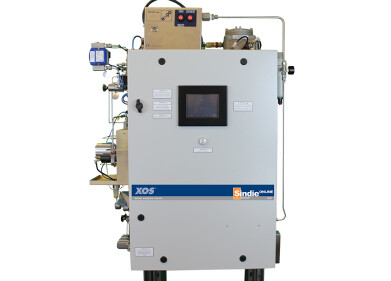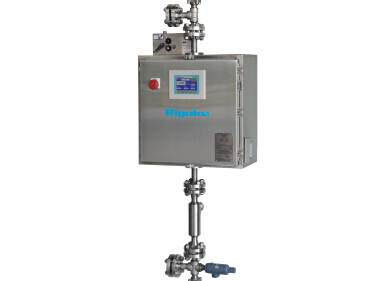Sulphur analysis
China to Launch Low-Sulfur Fuel Oil Futures
Jul 07 2019
In a bid to open its markets to foreign investors by the end of the year, the Shanghai Futures Exchange (ShFE) has confirmed that China plans to launch a bonded low-sulphur bunker fuel oil contract. According to a statement from ShFE Chairman Jiang Yan, “The contract will help expand China’s pricing influence in global bunker fuel oil market and help China to improve its maritime transportation capacity.”
He adds that as bunker fuel markets gain momentum and popularity in 2020, "China may reverse the current situation of fully relying on imports on high-sulphur bunker fuel oil and become the world’s biggest low-sulphur heavy bunker fuel oil supply centre.” When the low-sulphur fuel oil contract launches it will be the country's second bonded oil futures offered on the Shanghai International Energy Exchange (INE), a subsidiary of the ShFE.
A response to stricter International Maritime Organisation regulations
Currently, the International Maritime Organisation (IMO) is set to introduce a 0.5% cap on sulphur content in shipping fuel in 2020. The stricter regulations will serve as a major disruption to the industry and will require all vessels to either purchase low sulphur fuel or install scrubbers that remove the chemical element from exhaust gas.
In response to the new regulations, China National Petroleum Corporation (CNPC) now plans to generate 4 million tonnes of low-sulphur fuel oil a year, with the first batch dispatched from the company's Dalian Petrochemical facility last month. Sinopec Group, another major player in China's oil and gas market, has also confirmed that it will start offering IMO 2020 standard bunker fuel this year, with all supplies on track to meet IMO 2020 standard by the start of next year.
A savvy approach to managing sulphur emissions
When combined with water and air, sulphur dioxide emissions form sulphuric acid, a major constituent of acid rain. This can pollute waterways, cause deforestation and corrode infrastructure. Regulations like the new IMO cap are designed to manage sulphur emissions and ensure the environmental footprint of the shipping and maritime industries remains as low as possible. Want to know more about how the oil and gas industry is regulating sulphur emissions? Introducing the latest Nexis SCD-2030 technology, 'Analysis of Sulphur in Light Hydrocarbons According to ASTM D5623 Using Shimadzu's SCD-2030' highlights the importance of linearity, repeatability and long-term stability when testing for compounds.
Digital Edition
PIN 26.1 Feb/Mar 2025
March 2025
Analytical Instrumentation - Elemental Analysis for Quality and Process Control at Refineries, for Lubricants and Wear Metals in Engine Oils - Synthetic Lubricants: New Developments - Scaling...
View all digital editions
Events
Apr 08 2025 Birmingham, UK
Apr 08 2025 Kielce, Poland
Apr 08 2025 Ravenna, Italy
Apr 08 2025 Southampton, UK
Apr 08 2025 London, UK



















